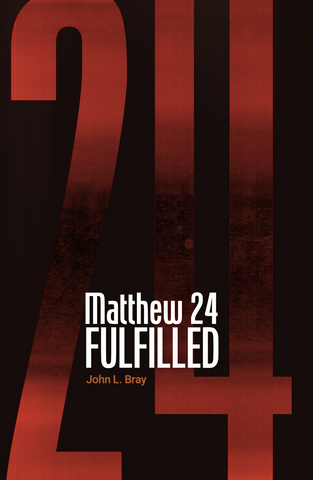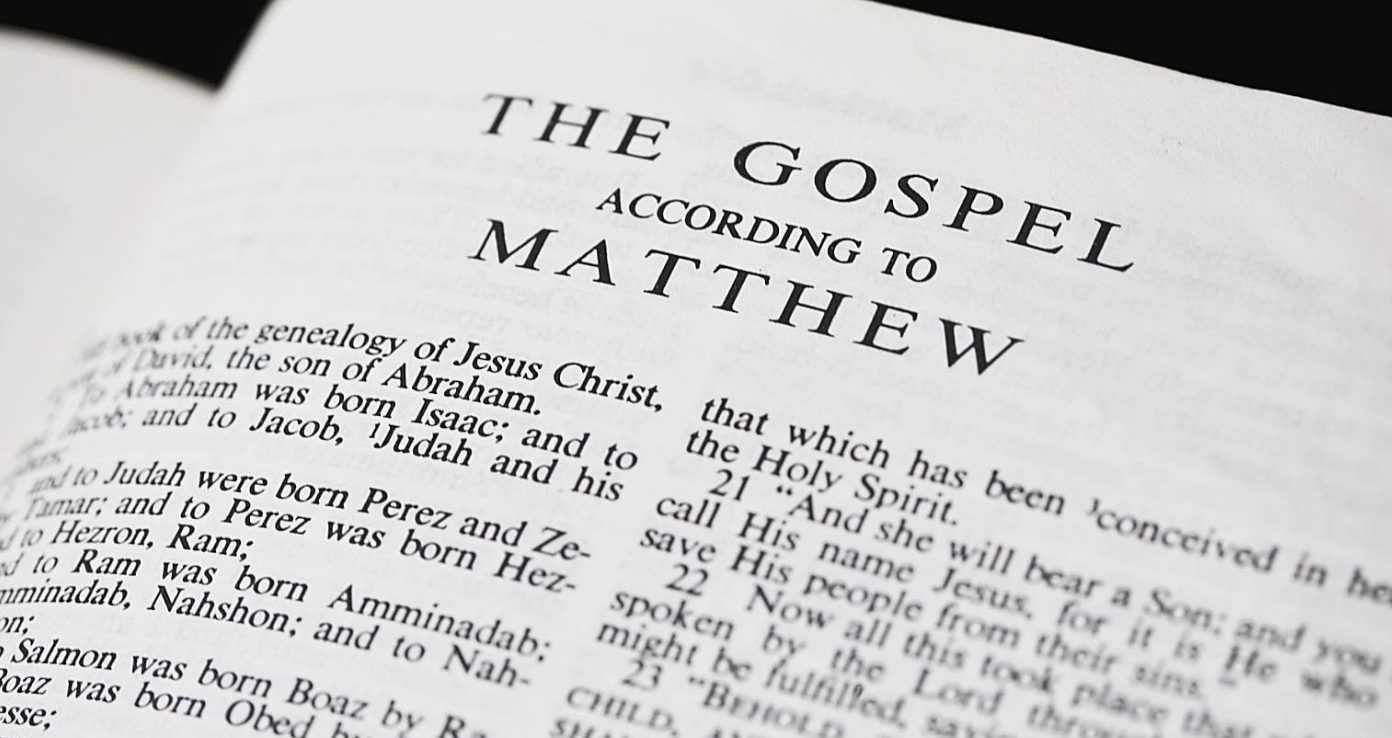In this first part of his interview with author Jonathan Sedlak, Gary introduces listeners to Jonathan and his new book, Reading Matthew, Trusting Jesus.
What we find spoken by Jesus in Matthew 24 was spoken about 40 years before the things came to pass which He prophesied, and Matthew wrote his book about 33 years before they happened. Matthew was the first of the four gospels, as claimed by Origen and Eusebius. John is the only one of the writers of the four gospels who does not mention in his gospel the events recorded in Matthew 24. Therefore, these passages telling of these events were PROPHECIES, and not simply records of events already transpired.
Why are there three accounts? How were they written? Well, it is certain they were not verbally dictated from Heaven to these three men—else all three accounts (Matthew 24, Mark 13, and Luke 21) would be precisely the same in the recorded portions. But these men, who had been with Jesus and heard this discourse, recorded them to the best of their ability (with the help and inspiration of the Holy Spirit, of course) at some later time (even as Luke said in Luke 1:1–3)—one writing some things, another some other things, etc., and with some things either different or in addition to what another had written.
As for example, Matthew said “abomination of desolation” (Matthew 24:15), and Luke said “Jerusalem compassed with armies” (Luke 21:20), etc. Later compilers of our New Testament put the writings of these men into “canon” form, and we have our “books” today. So we need to read and study all three passages (as well as others) to gain the most knowledge of all that was said. After all, we never would know that Jesus said, “It is more blessed to give than to receive,” if Paul had not told us so in Acts 20:35, for certainly neither Matthew, Mark, Luke nor John told us that Jesus said this; we had to learn from Paul that Jesus said this. And John tells us in John 21:25, “And there are also many other things which Jesus did, the which, if they should be written everyone, I suppose that even the world itself could not contain the books that should be written.”
So inasmuch as we do not have record of everything that Jesus did and said, we need to study carefully ALL the passages dealing with this very important subject so that we can get the best possible understanding of what He was saying.

Matthew 24 Fulfilled
In his book, Southern Baptist Reverend John Bray states: "Present-day students of eschatology seem woefully ignorant of the writings of past theologians on these subjects. There was a time (prior to the mid-1800s) when the most prominent interpretation of Matthew 24 was from the preterite standpoint, and the dating of Revelation was believed to be at an earlier date than is now believed." Grasp what this book teaches, and you won't waste any more of your time on the pre-mil, pre-trib fiction put out by the so-called "prophecy experts." Matthew 24 Fulfilled examines the issues related to popular "end-times" hysteria and counters with a view consistent with all of Scripture
Buy NowIn this first part of his interview with author Jonathan Sedlak, Gary introduces listeners to Jonathan and his new book, Reading Matthew, Trusting Jesus. This academic work on the long history of Christian interpreters and their views on the Olivet Discourse in Matthew 24-25 is fascinating and important. Their conversation ran more than an hour, so we split it into two parts.
Click here for today’s episode

